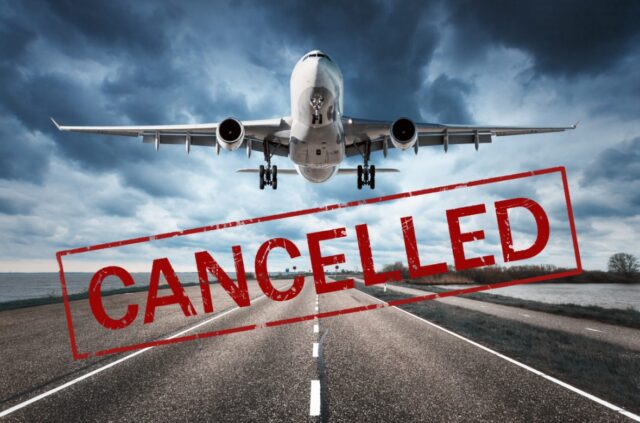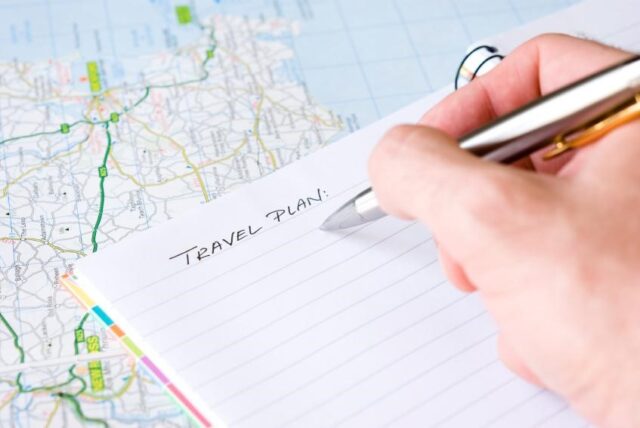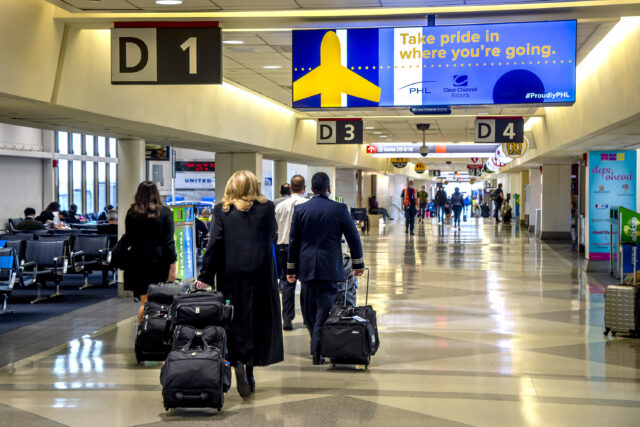
Flight cancellations happen more often than you think and have become even more common since the COVID-19 pandemic started. There are many reasons why a flight could get cancelled, which could either be within the airline’s control or completely out of their control like in the case of an adverse weather condition. However, most people have no idea what to do when their flight gets cancelled. Anyone could get frustrated at the thought of it but do you know you might be entitled to flight cancellation compensation? This article provides a quick guide on what to do if your flight ever gets cancelled.
Step 1: Know what the flight cancellation compensation is
The flight cancellation compensation is the EU 261/2004 regulation that exists to protect passengers’ rights when their flight is delayed or cancelled and in the event of overbooking or denied boarding. Under this regulation, affected passengers are entitled to monetary compensation between €250 to €600, depending on the distance of the flight.
How the flight distance is calculated

- Short distance – Below 1500km (e.g. London – Edinburgh) – €250 compensation
- Medium distance – Between 1500km and 3500km ( e.g. London – Athens) – €400 compensation
- Long-distance – Over 3500km (e.g. London – Tokyo) – €600 compensation
How do you know if this regulation applies to you?
Use this checklist to know if you are entitled to flight cancellation compensation.
- You started your trip at an EU airport, or landed in an EU airport, with the airline headquartered in the EU.
- The airline informed you of the cancellation less than 14 days before the original departure date.
- The reason for the cancellation was within the airline’s control and could have been avoided.
Apart from the standard monetary compensation, you may also be entitled to a ticket refund or a replacement flight.
Step 2: Stay alert for notifications

In many cases, you would be notified if there are any disruptions to your flight. If you signed up for airline alerts, whether with your telephone number or email address, expect to get notified of any changes. Whether or not you get notified and also the timing of the notification can play a huge role in you getting compensated. According to the EC 261 law, you will only be entitled to flight compensation if you were informed less than 14 days before the departure date.
If you had already checked in before being notified, you might be entitled to other things. This includes the right to care, such as access to a telephone, internet, food and drinks, and hotel accommodation through the night.
Step 3: Find out why the flight was cancelled
If you got any notification on your cancelled flight, check if the reason for the cancellation was included. You can also contact the airline directly to request why. Common reasons for flight cancellations often include adverse weather conditions, security threats, the crew out of time, strikes, air traffic control restrictions, lack of passengers, lack of crew or pilot, and mechanical issues, among others. These reasons might be valid but shouldn’t be at the cost of your itinerary plans.
To be entitled to compensation, the reason for the cancellation must be within the airline’s control. There are many things the airline can’t control such as an earthquake or hurricane where they have no choice but to cancel flights. However, for minor reasons completely within their control, they should completely bear the cost and compensate you.
Step 4: Review your itinerary

A cancelled flight could disrupt many other plans, including causing a ripple effect on connecting flights. While you may be upset about the change of plans, this will also be a good time to review your itinerary. Were you supposed to get a connecting flight? You can easily reschedule the flight if it’s on the same airline that cancelled. However, if it’s on another airline entirely and will cost you extra to reschedule, you may want to factor that into your compensation claims.
Step 5: Contact the airline
The next thing you want to do after your flight has been cancelled is to kick start the process of getting properly compensated. After finding out why it was cancelled and confirming it was within the airline’s control, you can contact the airline. Most airlines have a hotline you can easily reach to ask questions or take the next steps. You can also check the airline’s website for a contact form, email address, or form to file a compensation claim. If you are at the airport already, you can talk to the staff directly but remember to keep your discussions or arguments civil.
Step 6: Describe what happened

Once you’ve contacted the airline, you will have to describe what happened in detail. Start by highlighting your flight details, the reason you were given for the cancellation, and whether or not you were notified before the departure date. Then, you can indicate how much you believe you are entitled to and ensure you include the accurate quote from the EC 261 regulation. While you do this, consider reviewing the flight cancellation policies of the airline. Although the EC 261 law covers airlines from EU member states, each airline may also have its specific policies. Check their website to see if there’s any you should take into consideration.
Step 7: Take advantage of higher authorities
Getting compensated for a cancelled flight isn’t always that straightforward and the airline may refuse to compensate you despite your effort. If that’s the case, you may reach out to the National Enforcement Body (NEB) or an Alternative Dispute Resolution (ADR). These bodies are there to assist you and ensure the airline compensates you properly. For an easier and more effective process, you can get a lawyer or go through agencies like Flightright to help you claim your compensation accordingly.

Bottom Line
No one likes to deal with unannounced flight disruptions but should you find yourself in such a situation, you should work on getting your cancelled flight compensation. Understanding your rights as an air passenger makes it easier to kickstart the process of getting compensated and these quick easy steps will guide you.







